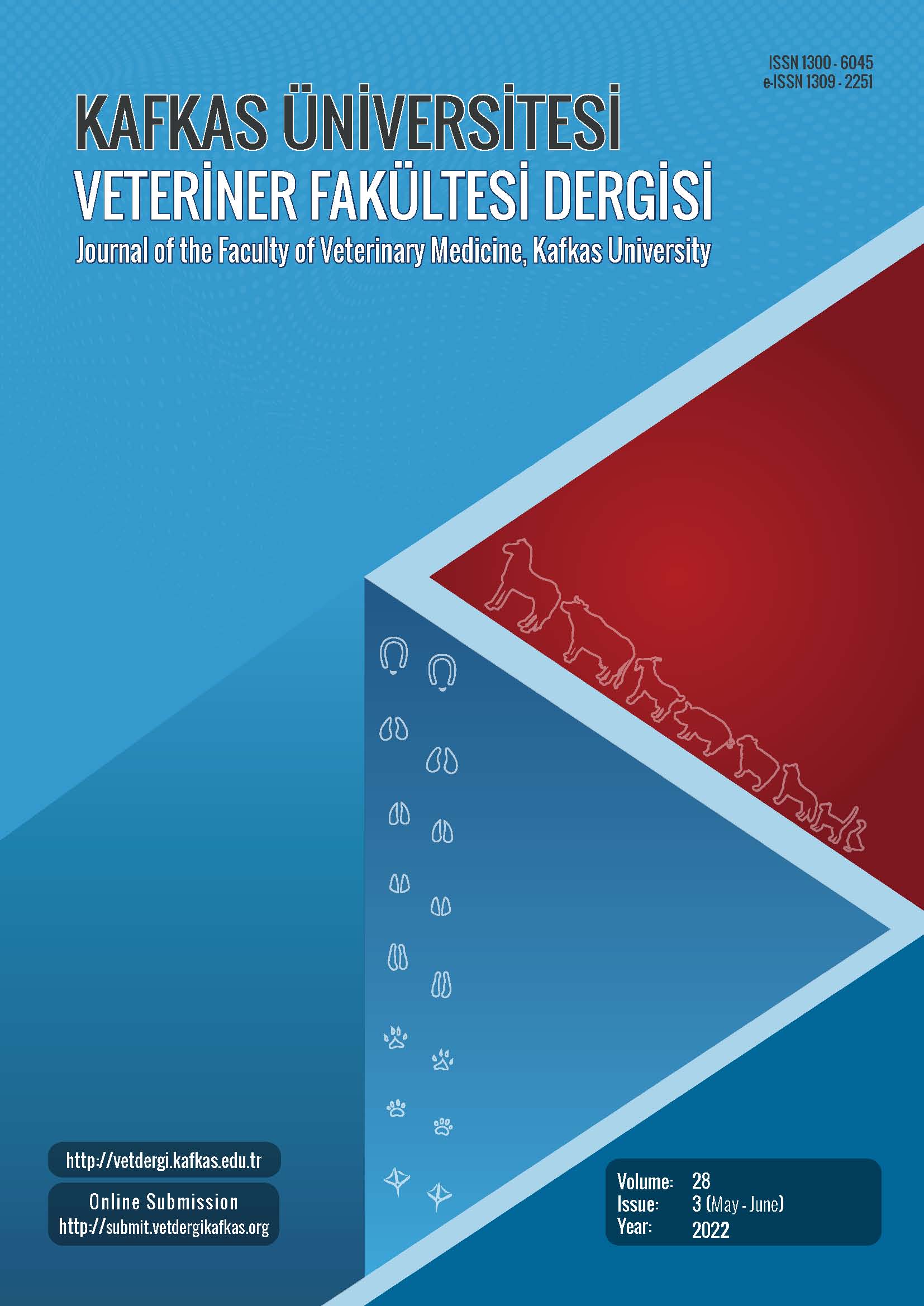
This journal is licensed under a Creative Commons Attribution-NonCommercial 4.0 International License
Kafkas Üniversitesi Veteriner Fakültesi Dergisi
2022 , Vol 28 , Issue 3
Comparison of Bayesian Regularized Neural Network, Random Forest Regression, Support Vector Regression and Multivariate Adaptive Regression Splines Algorithms to Predict Body Weight from Biometrical Measurements in Thalli Sheep
1Igdir University, Faculty of Agriculture, Department of Animal Science, Biometry and Genetics, TR-76000 Iğdır - TÜRKİYE
DOI :
10.9775/kvfd.2022.27164
In this study, it is aimed to compare several data mining and artificial neural network algorithms to predict body weight from biometric
measurements for the Th alli sheep breed. For this purpose, the prediction capabilities of Bayesian Regularized Neural Network (BRNN), Support
Vector Regression (SVR), Random Forest Regression (RFR) and Multivariate Adaptive Regression Splines (MARS) algorithms were comparatively
investigated. To measure the predictive performances of the evaluated algorithms, body measurements such as body length, heart girth, ear length,
ear width, head width, head length, withers height, rump length, rump width neck length, neck width of Th alli sheep were used for predicting
the body weight. In this context, 270 female Th alli sheep were used to predict body weight. Model comparison criteria such as root-mean square
error (RMSE), standard deviation ratio (SDR), performance index (PI), global relative approximation error (RAE), mean absolute percentage error
(MAPE), Pearson"s correlation coefficient (r), determination of coefficient (R2) and Akaike"s information criteria (AIC) were used to compare all
algorithms. In conclusion, the MARS algorithm can be recommended to enable breeders to obtain an elite population of Th alli sheep breed.
Keywords :
Bayesian regularized neural network, Multivariate adaptive regression splines, Random forest regression, Support vector regression, Th alli sheep










